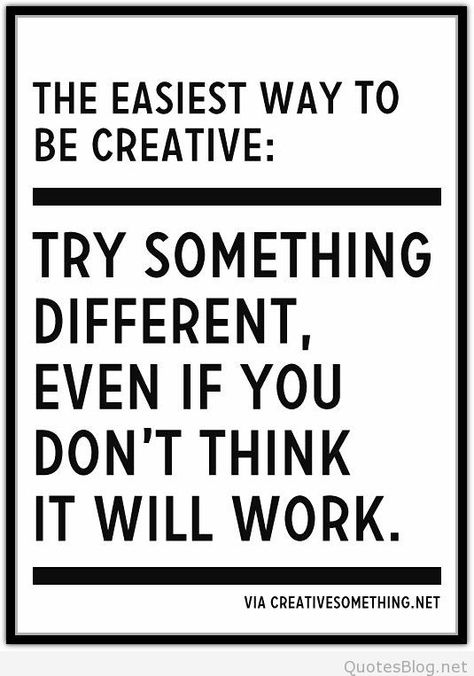 I believe we are all habitual beings. That is to say that we pretty much do the same thing in response to things that happen in our lives over and over again.
I believe we are all habitual beings. That is to say that we pretty much do the same thing in response to things that happen in our lives over and over again.
For the most part I think that works… at least for me.
A baby cries and we go to comfort her.
A stop sign is visible at the next intersection, so we stop.
Somebody tosses something at me and I instinctively catch it (or try, at least).
Someone accuses me of a wrongdoing, and I defend myself.
Someone expresses what they consider to be a universal truth—“You can’t find good help these days,” for example—and we either agree (because our understanding matches theirs) or we disagree and express our version of “universal” truth.
Along the way, we tend to internalize the habits that serve us well—that get us through the daily grind without having to think about every situation.
And occasionally we have these habits that might not serve us so well.
For example, what do you do when someone cuts you off in traffic? Are you passive and allow the foul to go unchallenged? Or do you grumble and accelerate to catch up and find a way to express your displeasure at the offender.
It gets harder and harder to hold back a defensive (or even offensive) response when the situation, statement, or condition is just simply wrong by your standards (even though it might be right by another’s). When this condition exists, we sometimes term it “polarization,” which seems to be running rampant in our political situation currently.
He’s wrong no matter what. And he’s right no matter what.
On social media, the combatants simply can’t keep their hands off the keyboard. Intelligent (but passionately responsive) friends of mine seem perpetually engaged in banter about almost anything. The “my universal truth is more right than your universal truth” debate is played out for the world to see. Oh, and these friends live on both sides of the political spectrum.
Suffice it to say that while some of these rants can look pretty silly if one takes the time to read through them, they’re not really doing much damage to the individuals who engage in this folly.
Now take that “I’m right” vs. “you’re right” into a one-on-one conversation, and it’s quite likely someone’s best interests will not be well served by the outcome. Most probably the team’s won’t be either.
It becomes an argument, a dustup, a debate, an outright fight.
We’ve all heard them. It starts out as a minor disagreement—maybe about how the team should address an issue. Then it escalates to louder exhortations of right and wrong. If allowed to continue, it can grow into finger-pointing and name-calling and discussions about the challenger’s heritage.
When watching this engagement from a third-party perspective, it’s easy to see that it’s not very productive and probably doesn’t help the team solve its problem.
What happens when these escalations reach critical mass is that the participants lose sight of the real problem needing resolution (how the team should address an issue) and take the energy to where neither participant has any room in their narrative for new data from the other’s narrative. They’ve shut themselves off from understanding how the other person arrived at their “truth.” They’re so busy protecting their “rightness” that no information flows back and forth.
These rants can go to the extreme until, if neither backs down, someone dies. We all have seen news articles of irrationally angry persons killing the people they were arguing with—it happens. And when it happens, I can almost guarantee that the original subject of the debate was long since forgotten.
Falling short of that, the escalating rant could result in disciplinary action or termination or social rejection—again, situations that do not serve us well.
I know I can easily go into “defense” mode when my ideals are challenged. I suspect that you can too.
So what to do?
Try something different.
Viktor Frankl’s quote: “Between stimulus and response there is a space. In that space is our power to choose our response. In our response lies our growth and freedom.” Works for me.
Picture this. The gauntlet has been tossed. Your “rightness” has been challenged. What would your habitual response be? I know mine is to start explaining why the other person’s logic is off base and, consequently, his universal truth is flawed and mine is right. I now realize that if that’s how I play it, the two of us will likely be off and running and neither will learn anything from the other.
So what could I do different?
I really don’t care, as long as it’s not explaining the error of his ways (my normal response).
I could say, “That’s interesting. Tell me why you think that?”
I could thank him for the input and vow to take it under consideration.
I could even tell him he’s right: “I hadn’t thought about it that way. Tell me how you figured that out?”
Any of these different responses will lead towards exchanging data on the real issue and away from the emotional rant that only looks for winners and losers.
Next time you find yourself defending a position and you suspect it’s heading to where it always heads (you’re both executing your habits after all), try something different and see what happens.
You have amazing control over the outcome if you respect that space between stimulus and response.




I love it!
Thanks